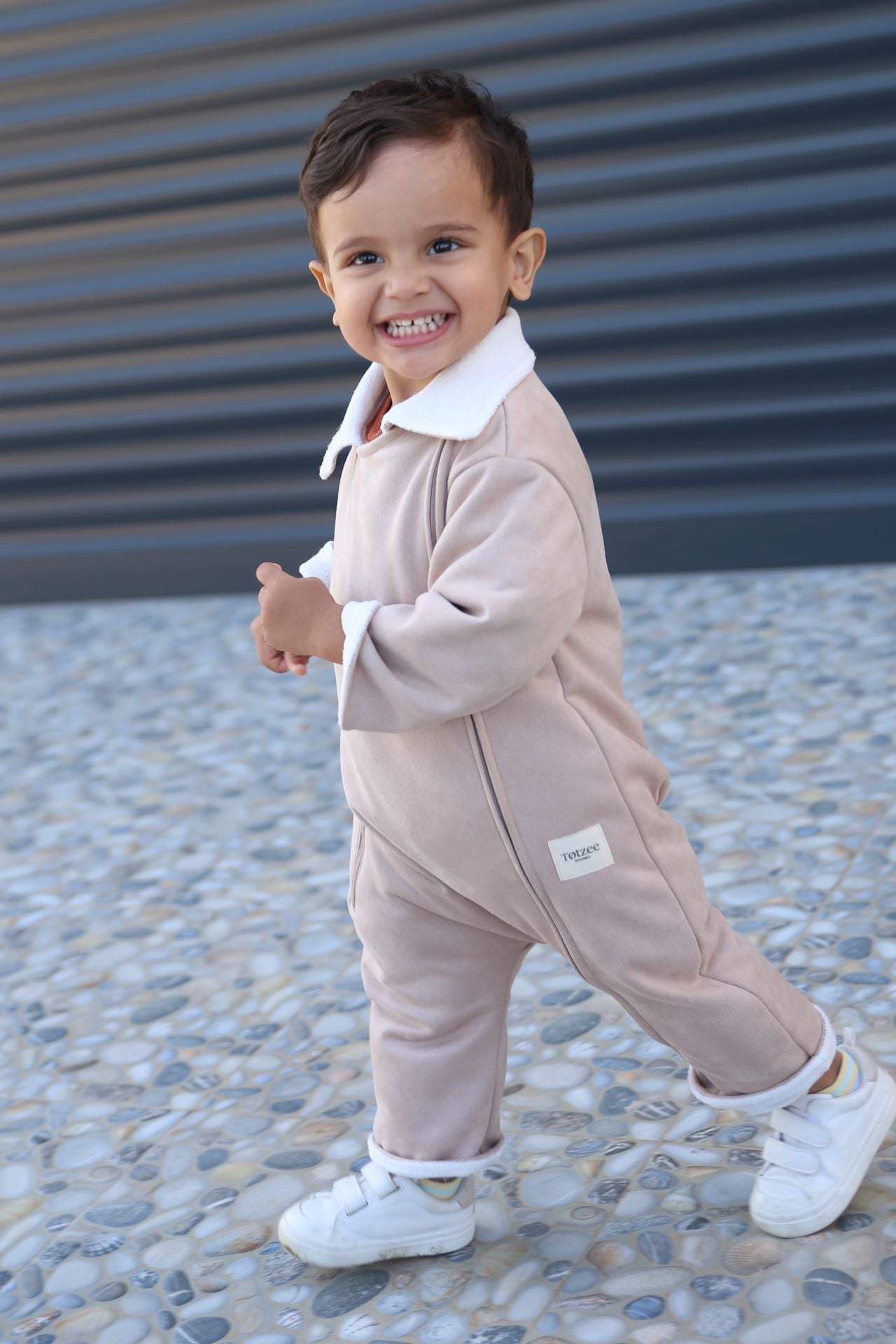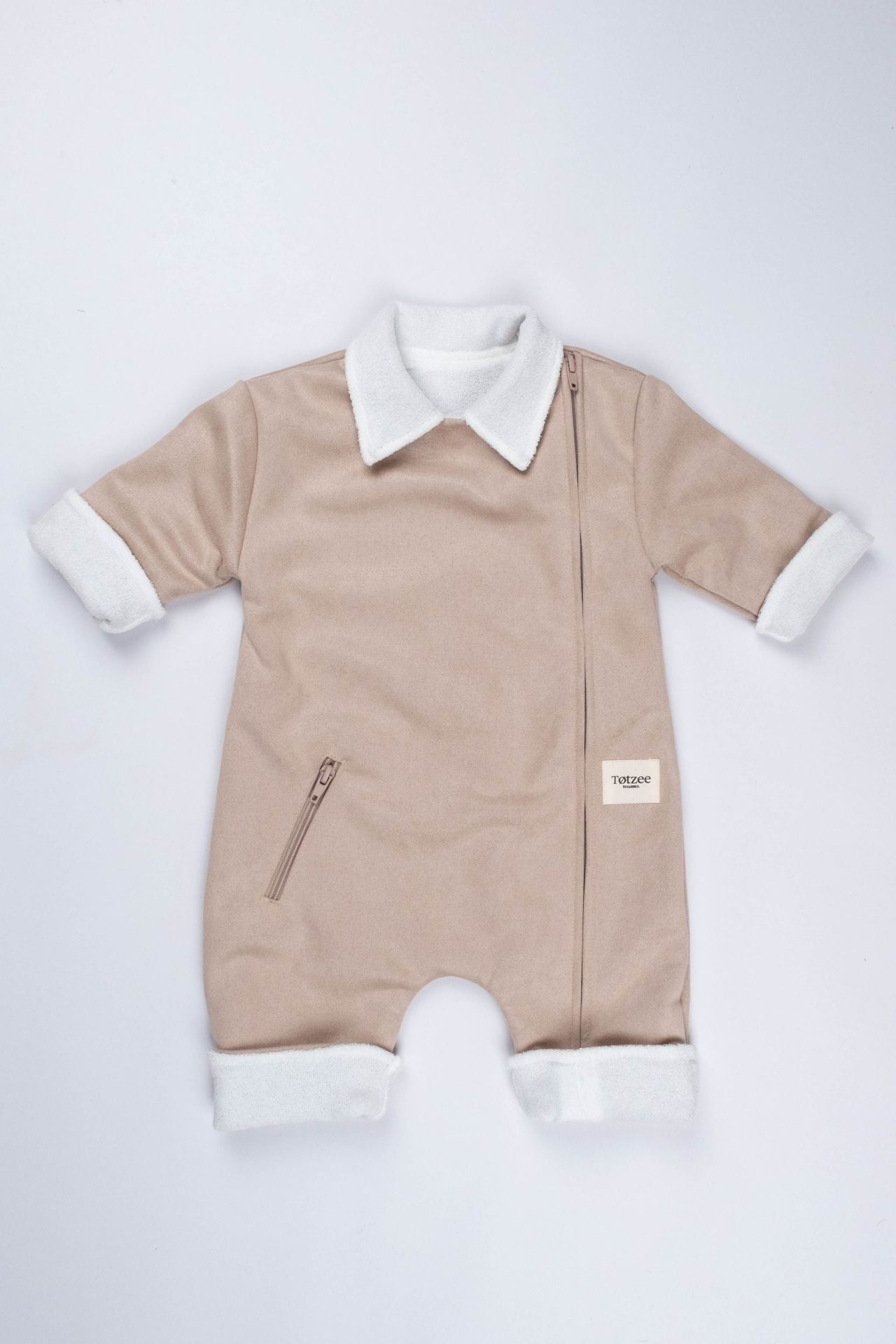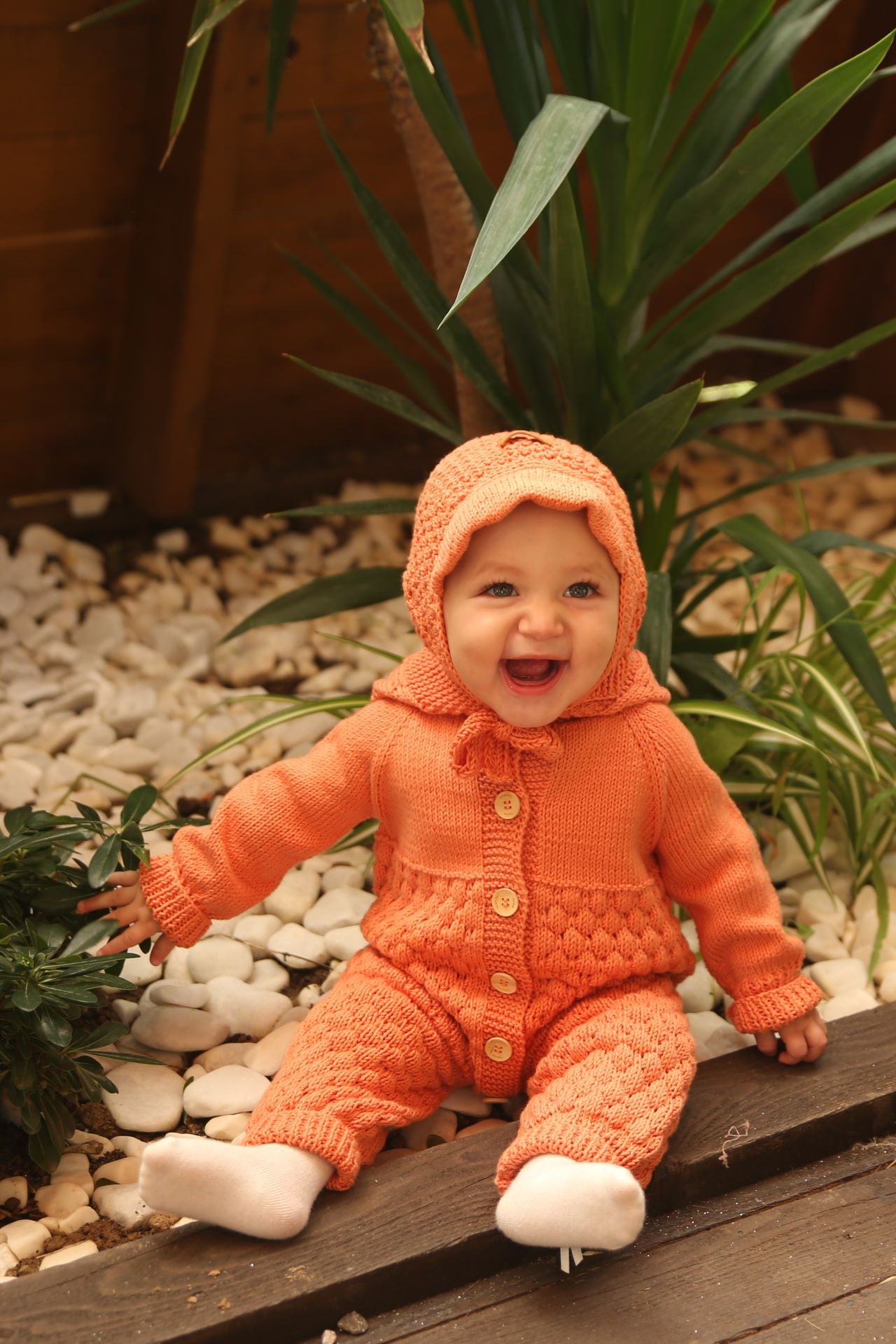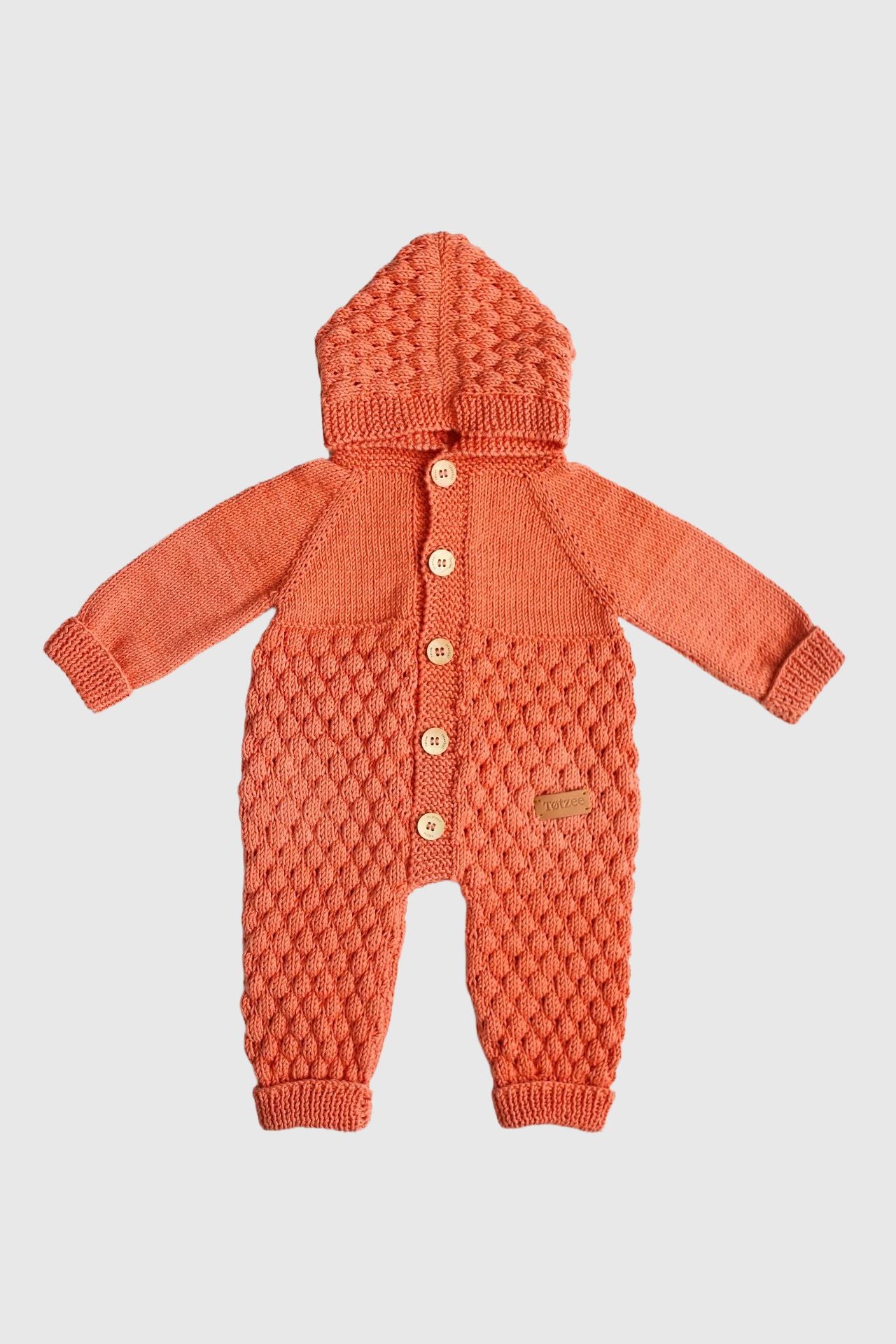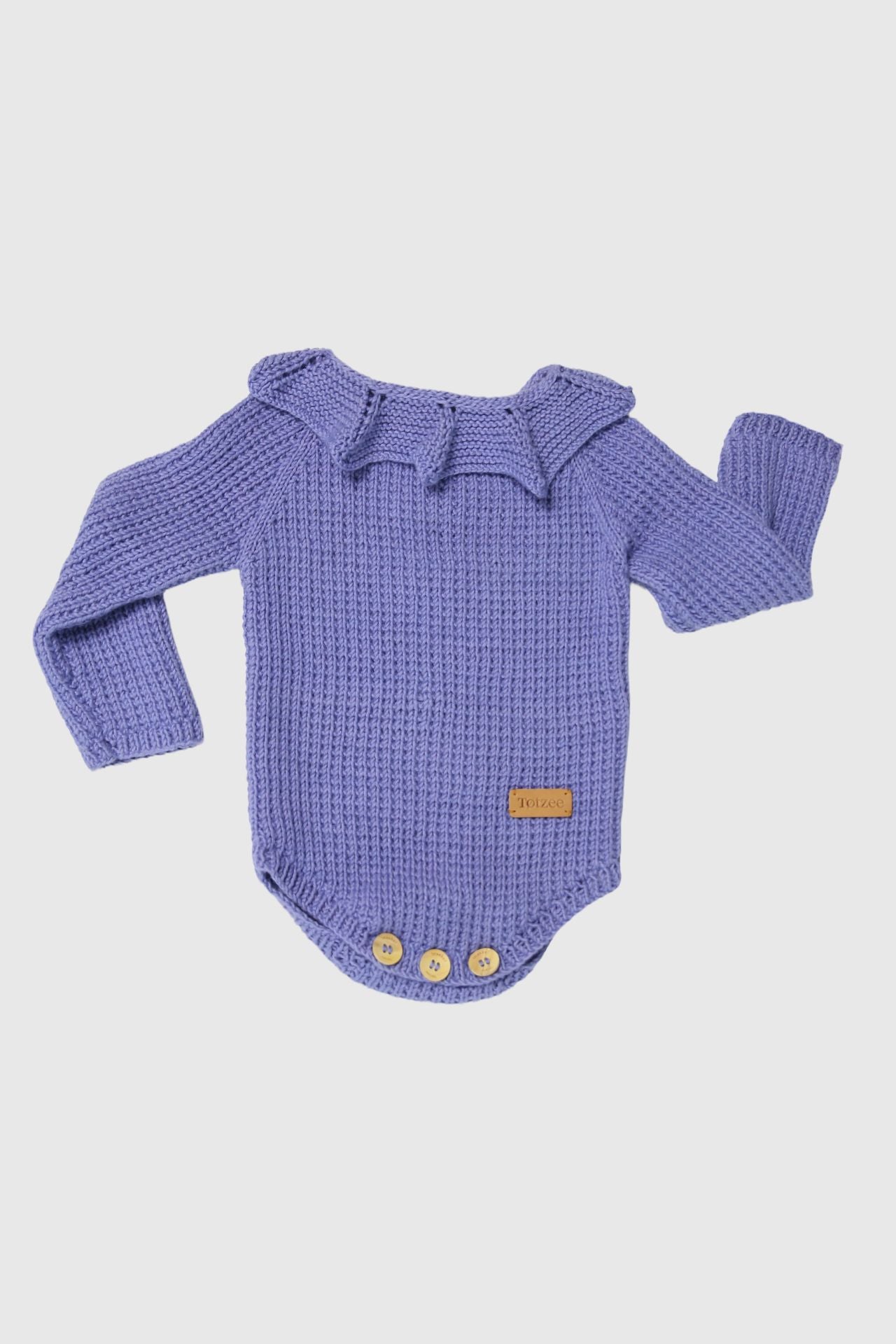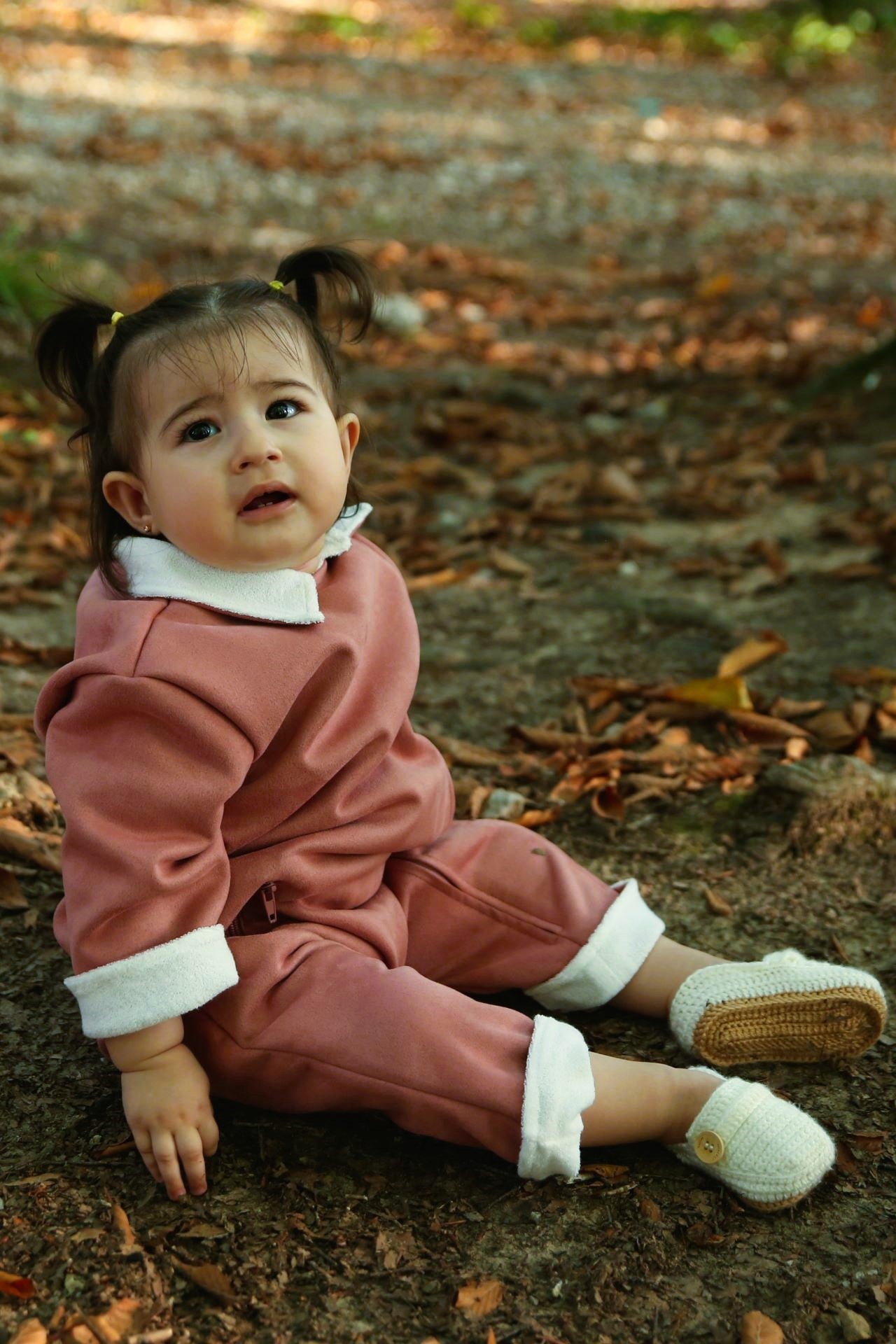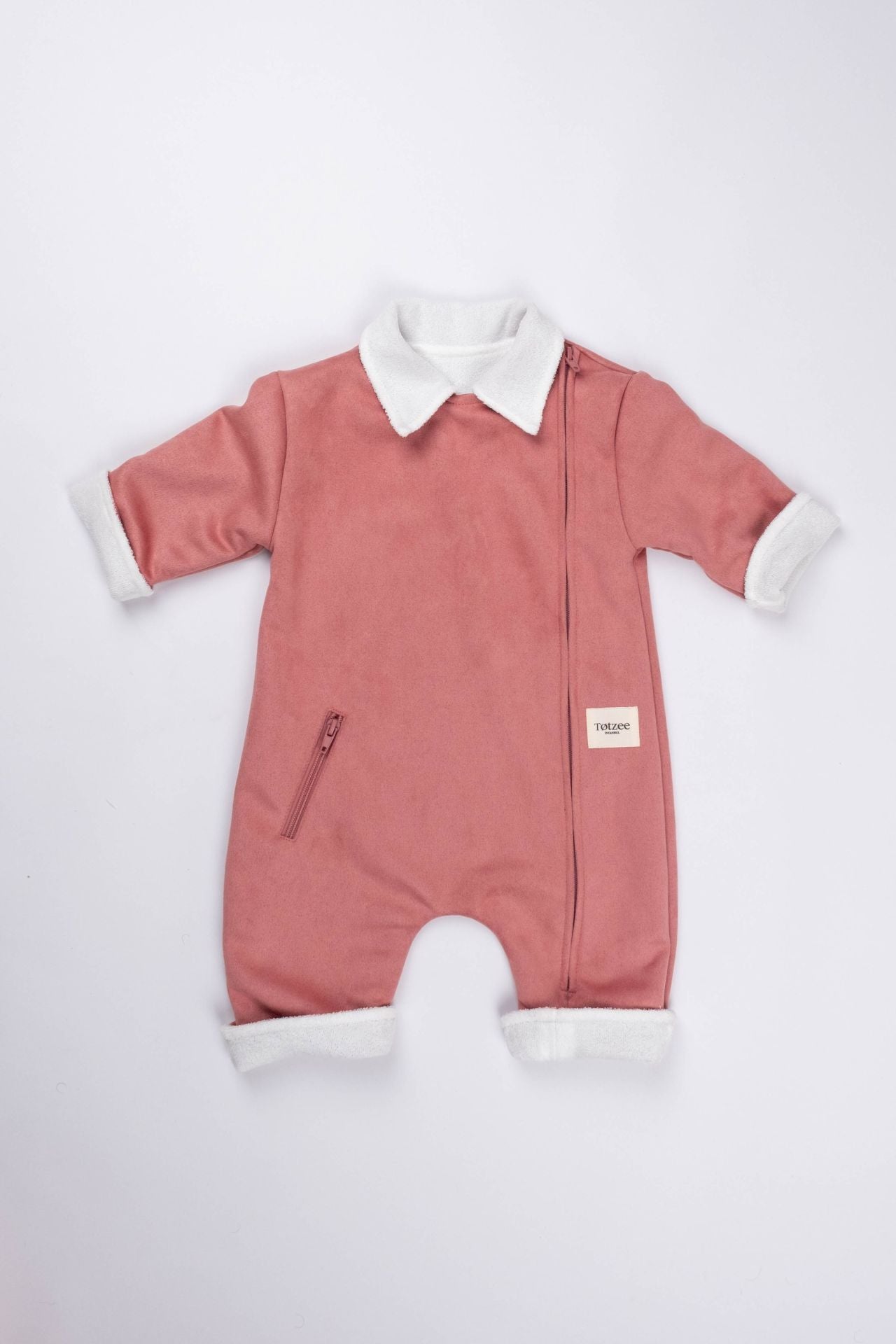
Monthly Baby Development: 14-Month-Old Baby Development
14-Month-Old Baby Sleep
Sleep is a fundamental cornerstone of a baby's growth and development. A 14-month-old baby typically takes two short naps during the day, though this can vary from baby to baby. Nighttime sleep becomes even more crucial at this stage. Generally, babies need about 11-14 hours of night sleep. Sleep rituals and regular sleep hours can help your baby fall asleep more comfortably. Environmental factors and teething can affect their sleep during this period, making a calm environment before bedtime essential.
14-Month-Old Baby Teething
At this age, babies usually start teething. This process can sometimes be painful and uncomfortable. Babies may tend to put everything in their mouths during this period, which can be a sign of teething. Mild fever, loss of appetite, and restlessness can occur during teething. Cold teethers and soft foods can comfort your baby. If the pain is severe or the baby is very uncomfortable, consulting a health professional is important.
For more information, check out our article "Your Baby's First Teeth: A Guide to Baby Teething".
14-Month-Old Baby Weight
Weight for a 14-month-old baby can be an indicator of healthy development. At this age, a baby's weight depends on many factors, including genetics, eating habits, and physical activity levels. On average, a 14-month-old baby may weigh between 9 and 11 kilos. If your baby's weight is outside this range, don't worry; every baby has their own development timeline. Healthy eating and regular doctor check-ups ensure your baby grows healthily.
14-Month-Old Baby Care
A 14-month-old baby is constantly exploring and learning. Providing a safe play area supports your baby's exploration needs while keeping them safe. Nutrition is a crucial part of babies' development at this stage; offering a varied and balanced diet is essential. Routine health checks and vaccinations are also a critical part of care at this stage. Provide plenty of love, attention, and stimulating interactions to meet your baby's emotional needs.
14-Month-Old Baby Physical Development
A 14-month-old baby usually starts walking, marking a significant stage in physical development. During this period, your baby's motor skills develop rapidly. In addition to walking, skills like holding, throwing, and pulling objects also improve. At this age, large muscle development is prominent, and encouraging activities like walking and running is essential. However, each baby develops at their own pace, so comparing your baby's development to their unique timeline is crucial.
14-Month-Old Baby Clothes
Choosing clothes for a 14-month-old baby is important in terms of practicality and comfort. At this age, as babies begin to move actively, flexible and easy-to-move-in clothes are ideal. Also, easy-to-wear and removable clothes provide great convenience for parents. Season-appropriate clothing keeps your baby warm while preventing overheating. Cute and colorful designs bring out your baby's cuteness.
Quality clothing selection for your baby is essential for their comfort and health. For more information, read our article "Why Choose Quality Baby Clothes?"
14-Month-Old Baby Feeding
Feeding a 14-month-old baby should be done at regular intervals throughout the day. At this age, usually three main meals and a few snacks are ideal. Depending on your baby's appetite and activity level, the frequency of feeding may vary. Healthy snacks and balanced meals meet your baby's energy needs and support their development. Also, water consumption becomes important at this stage; don't forget to give your baby enough water throughout the day. Consult a health professional for more information on your baby's feeding habits and needs.
Share

